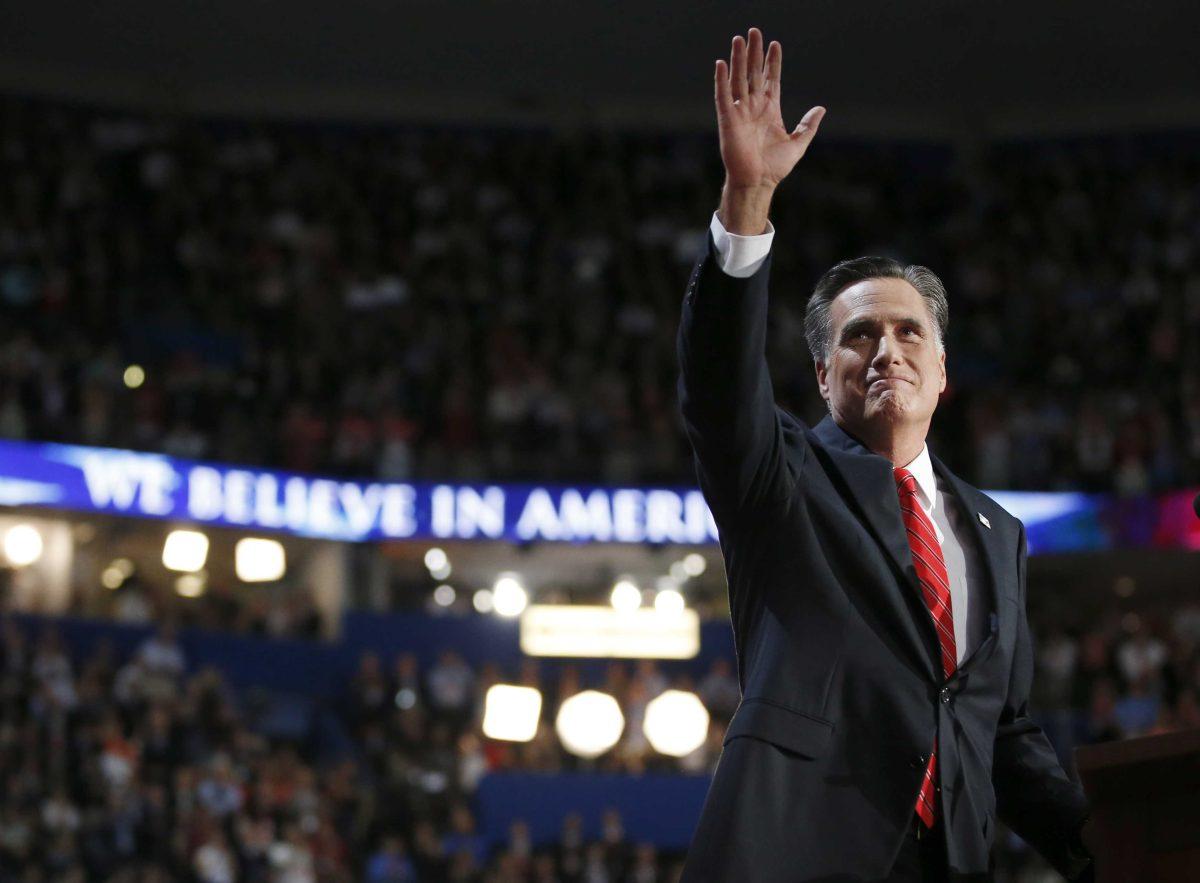It can’t be easy being a libertarian in the Republican Party.
Despite the Republicans’ record with aggressive foreign policy, apathy toward civil liberties and fiscally irresponsible economic policies, many libertarians stayed on board hoping to work with Texas Representative and former presidential candidate Ron Paul in changing the party from the inside.
In return, they’ve been treated as the party’s annoying stepchildren.
During the Republican primaries, Paul was often portrayed as the wacky kook in the race, and battles between Paul-supporting delegates and the party establishment took place all over the country.
Those battles finally culminated when House Speaker John Boehner, R-Ohio, pushed through changes to delegate rules during the Republican National Convention.
Libertarians and Paul-supporters at the convention and around the country were outraged by the decision viewing it as betrayal by the Republican establishment.
When your own party shows such contempt for your ideology and efforts, it might be a sign that it’s time for a change.
Libertarians need to realize they’re in a failing relationship and cut their ties with the Republican Party – a party that doesn’t seem to care much about them except whether they vote for the guy with the “R” instead of the one with the “D.”
Luckily for libertarians, they can find solace and comfort in the warm, welcoming arms of the Libertarian Party and its presidential candidate, former New Mexico Gov. Gary Johnson.
When November comes around, Johnson will be the only candidate espousing the libertarian ideas of “fiscal conservatism and social liberalism.” Johnson’s candidacy brings a much-needed choice for those who disapprove of President Obama’s performance but are disillusioned with the Republican Party. And this position could help propel his party into the greater national consciousness.
Johnson’s candidacy is also an opportunity for liberals.
Many southern states, like here in Louisiana, are not swing states and will undoubtedly be red Nov. 6. A vote for Obama in these states is essentially “throwing away your vote” — the main critique given when voting for a third party.
Yet a vote for Johnson could be a vote against the Republican Party, which has shown itself to be liberal with facts and reactionary to social change and science, and a vote for the Libertarian Party, which offers a more intellectually sound defense for conservatism.
Johnson is a pro-choice, pro-
marriage equality conservative candidate who is against the War on Drugs and the assault on civil liberties — two positions that have weakened the Obama administration’s appeal to many liberals around the country.
The Libertarian Party and its candidate could offer the type of conservative intellectual foil needed to keep the Democratic Party on its toes and bring a much more substantive debate to the political sphere in
this country.
Political scientists may point to Duverger’s Law to show why our system favors two parties and why a third
party cannot do much in this country.
But that line of thinking is short-sighted.
It is not written in stone that the second party must be the Republican Party, and there are ample signs the country is slowly moving away from the brand of conservatism represented by Republicans.
A survey conducted by the Harvard Institute of Politics in April found that millennials, 18 to 29 -year olds, are increasingly open to libertarian ideals. And anyone who’s paid attention to Paul’s candidacy knows his most fervent base has been college students,
who typically voted Republican.
When the future of conservatism in America shows its face, it will look much less like Republican presidential candidate Mitt Romney and much more like Ron Paul.
David Scheuermann is a 20-year-old mass communication and computer science junior from Kenner.







